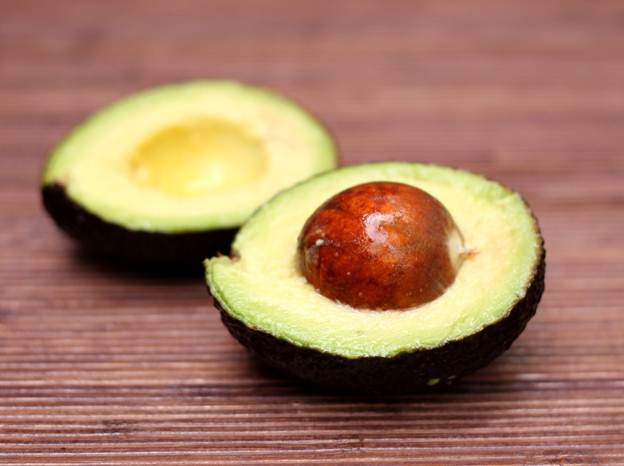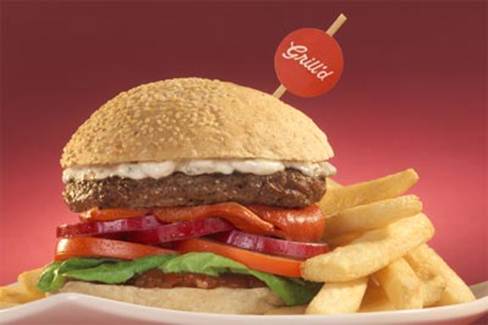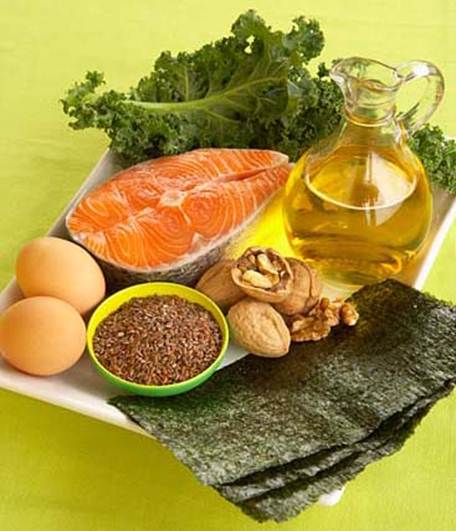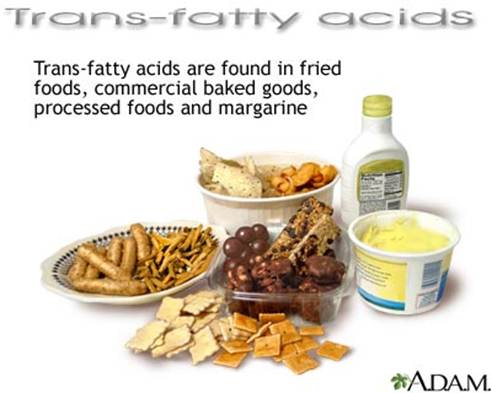Fat
Is it harmful or healthy? WF
investigates the fat conundrum…
Low fat, low
calorie – it’s been our go-to dieting rule for what seems like forever. But
does cutting out the fat from our diets actually yield the promised pay-off?
Apparently not, according to the latest scientific research. So, how much fat
should we really be eating and what are the best sources? We help you unravel
the fat puzzle.

Sorting fats from fiction
Around two thirds
of the brain is made up of fat, so eating fat is essential to ensure our grey
matter functions properly. Fat is also needed to help create hormones, regulate
mood, lubricate joints and reduce inflammation in the body. Plus, munching on
the right fats will actually help your body burn unwanted pounds by increasing
satiety. And they have many more nutritional benefits than sugar-laden, low-fat
foods, which can actually contribute to weight gain – and the risk of
developing chronic disease.
Zoë Harcombe,
registered nutritionist and author of The Obesity Epidemic: What caused it? How
can we stop it? believes that all fats found in unprocessed foods form part of
a healthy diet: ‘All real foods that contain fat contain all three fats:
saturated, monounsaturated and polyunsaturated. There are no exceptions to
this,’ she says. These natural-fat foods (meat, fish, eggs, dairy products, avocados,
nuts and seeds) are also a great source of essential proteins, vitamins and
minerals, so they’re necessary part of our daily diet.
Cholesterol
It’s often deemed
to be an artery clogger, but in many ways cholesterol is actually a cardiac
helper. It’s vital for making cell membranes; hormones and vitamin D- an essential
fat-soluble vitamin which helps regulate your mood and plays a major role in bone
health. ‘When modern substances damage our arterial walls, it’s fat and
cholesterol that are actually dispatched to save us,’ explains Zoe.
When analyzing the
risk of heart disease, it’s important to look at the ratios of LDL
cholesterol, HDL cholesterol and various other lipid components in total
cholesterol, rather than individual levels. If you do want to lower your
cholesterol levels, try munching on monounsaturated fats – these are found in
foods such as nuts and avocados.
Saturated fat

If saturated fat
really is the enemy, why do communities in the Pacific Islands, who consume
around 30 to 60 per cent of their total daily calories from saturated fat found
in coconut oil, have nearly non-existent rates of heart disease? Coconut oil
has a unique make-up of medium chain fatty acids, which makes it a stable fat,
and it’s great for cooking as it doesn’t turn rancid when heated. Studies also
show that the tropical fruit can help to fight fat and increase calorie burn.
Many experts
believe saturated fat found in animal products is a factor for heart disease,
but there is conflicting evidence, so more research needs to be done to assess
potential risk factors. At present, the NHS recommends we eat no more than 20g
per day.
Omega fatty acids

These are a type
of polyunsaturated essential fatty acids, which cannot be manufactured by the
body, so they must be obtained through food or supplements. Omega-3, found in
oily fish and nuts, and omega-6, found in safflower oil and borage oil, help to
regulate cell activity and keep your body healthy. It’s important that your
balance of these omegas is correct, but unfortunately another fatty acid,
omega-9 (a non-essential fatty acid found in animal products and vegetable
oils), often causes this ratio to go off kilter. The best way to ensure you get
a healthy balance is to take a good supplement which contains both omega-3 and
6.
Trans fatty acids

Trans fats, which
are refined fats found in foods such as margarine and processed cakes and
biscuits, are the real enemy. New research by scientists at Oregon Health
& Science University shows that eating a diet high in trans fats can cause
your brain to shrink, increasing the risk of some degenerative diseases such as
Alzheimer’s. These bad fats have also been linked to the development of heart
disease and cancer. ‘Many of the health problems that we suffer in this day and
age are caused simply by eating too much processed food, which is absolutely
packed with these simple sugars and trans fats,’ explains Zoe.
To avoid falling
foul of these sneaky weight-loss saboteurs, try swapping your margarine for
organic butter, which is rich in vitamins A and E, and ensure you always read
labels when buying pre-prepared foods.